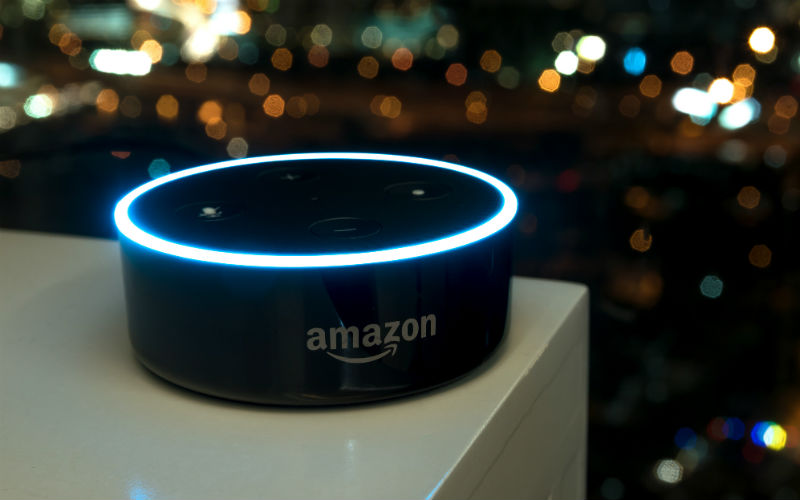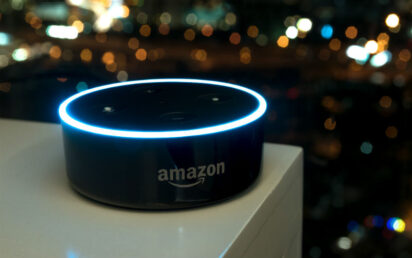Amazon is planning to deploy 3,000 satellites as part of ‘Project Kuiper’, which aims to be a direct rival to Elon Musk’s SpaceX, as both hope to break into the UK broadband market.
It hopes to offer satellite broadband service in the UK within the next two years as it prepares to launch a constellation of spacecraft that could ultimately deliver a mobile signal, even to the most remote areas.
Amazon, founded by Jeff Bezos, said it would seek access to British radio frequencies “over the next one to two years” as it prepares to offer satellite internet, according to a regulatory filing first reported by the Sunday Telegraph.
Amazon’s Project Kuiper subsidiary is planning to launch 3,000 small satellites in an attempt to compete directly with Starlink, the satellite internet subsidiary of billionaire Musk’s SpaceX.
Starlink already allows users to connect to its low-Earth orbit satellites via small terminals, and it has a commanding lead in the sector with 6,000 satellites already in space. The company has 4 million customers around the world, and its terminals have been used heavily in the war in Ukraine.
Kuiper also plans to use terminals at first, but it has also told the British regulator Ofcom that it is exploring options for direct-to-device services, which connect smartphones directly to satellites.
Ofcom said on Sunday that it was “still considering the Amazon application for an Earth Station Network licence to allow Amazon Kuiper to operate terminals in the UK”.
The regulator added that said direct-to-device connections could be available to consumers as early as this year, pending a consultation in the next few months.
Direct-to-device services could “present a secure communication option for government, defence, and emergency response use cases”, Amazon said in the filings. The company called for Ofcom to grant satellite providers access to radio spectrum “across all frequencies allocated for terrestrial mobile services and all geographic areas”, as long as they can show they will not interfere with existing mobile networks.
Amazon had initially planned to launch its first commercial satellites by the end of last year, although it has been delayed until early this year despite launching its first prototypes in 2023.
Blue Origin, Bezos’s separate space company, also had a “capability discussion”, according to transparency data published by the government department.


